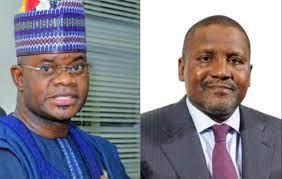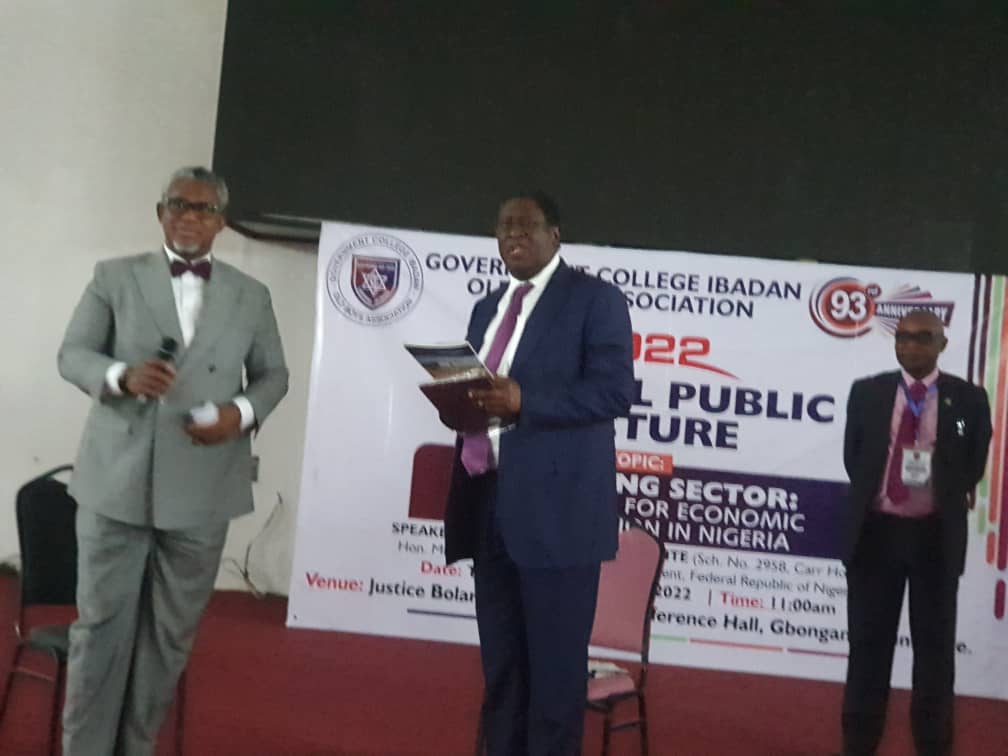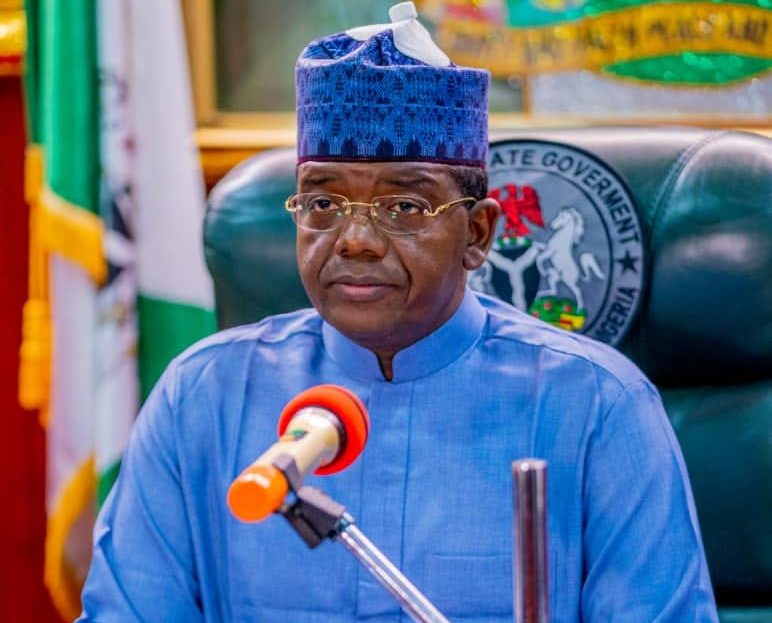By Ruth Tene Natsa, Abuja
As Nigeria joins the rest of the world to commemorate the International Day for the Eradication of Poverty, celebrated October 17 annually, a World Bank Report has projected that the number of poor Nigerians will hit 95.1 million this year.
This was quoted by the Executive Director of, Centre for Citizens with Disabilities (CCD)David O. Anyaele, in a press statement to mark the day.
My Anyaele noted that October 17 annually is recognized as International Day for the Eradication of Poverty. “It is a day to solidarize with people living in extreme poverty, in particular persons with disabilities, women, and children. It is also a day for sober reflection, and an opportunity to ask ourselves questions as a people on the extent we have contributed to the increase or reduction of poverty in our societies”.
He said “The theme of this year’s commemoration is “Dignity for All in Practice”. The dignity of the human being is not only a fundamental right in itself, but constitutes the basis of all other fundamental rights. The 1948 Universal Declaration of Human Rights enshrined human dignity in its preamble”
Quoting a World Bank Report, Anyaele said “According to a World Bank report titled “A Better Future for All Nigerians: 2022 Nigeria Poverty Assessment”, poverty reduction has stagnated since 2015, with more Nigerians falling below the poverty line over the years. The international organization projected that the number of poor Nigerians to hit 95.1 million in 2022.” He said
He further stated that “in other reports, Nigeria has been classified as the poverty capital of the world. This is because while the population of Nigeria is growing, the poverty situation is also competing with the population increase in the country”.
‘Whereas recognition of the inherent dignity and, the equal and inalienable rights of all members of the human family is the foundation of freedom, justice, and peace in the world.’
He maintained that the moralizing poverty situation in Nigeria is manmade; fuelled by bad governance and corruption in the high places. Unfortunately, when people fall into poverty, their chance of acquiring a disability becomes wider, as poverty has been linked as a major source of disability, even as disability pushes families into extreme poverty.
He said “The current set of Nigerian leaders have failed to reduce poverty in the land. They have consciously or unconsciously contributed to the growing number of persons with disabilities due to their inability to tackle the increasing number of Nigeria going into extreme poverty.
According to David, “As an organization of, and for persons with disabilities, we are worried that while other countries of the world are taking steps to reduce poverty within their societies, the increasing number of Nigerians that are experiencing extreme poverty is very alarming.
“The most challenging aspect of this situation is that people living in poverty experience many interrelated and mutually reinforcing deprivations that prevent them from realizing their rights and perpetuate their poverty, including but not limited to dangerous, but degrading working conditions, unsafe housing, limited access to nutritious food, limits access to justice, stiffen access to political power and hinders access to healthcare services amongst others.”
As the 2023 general elections are around the corner, we call on Nigerians to make poverty reduction a key campaign issue. Political party candidates for the State Houses of Assembly, the Governorship, the National Assembly, and the Presidential must tell Nigerians how they intend to bend the poverty curves in Nigeria. Citizens should prepare to hold elected officials accountable for poverty reduction as the poverty situation in Nigeria is manmade, majorly because of bad governance.
| ReplyForward |






